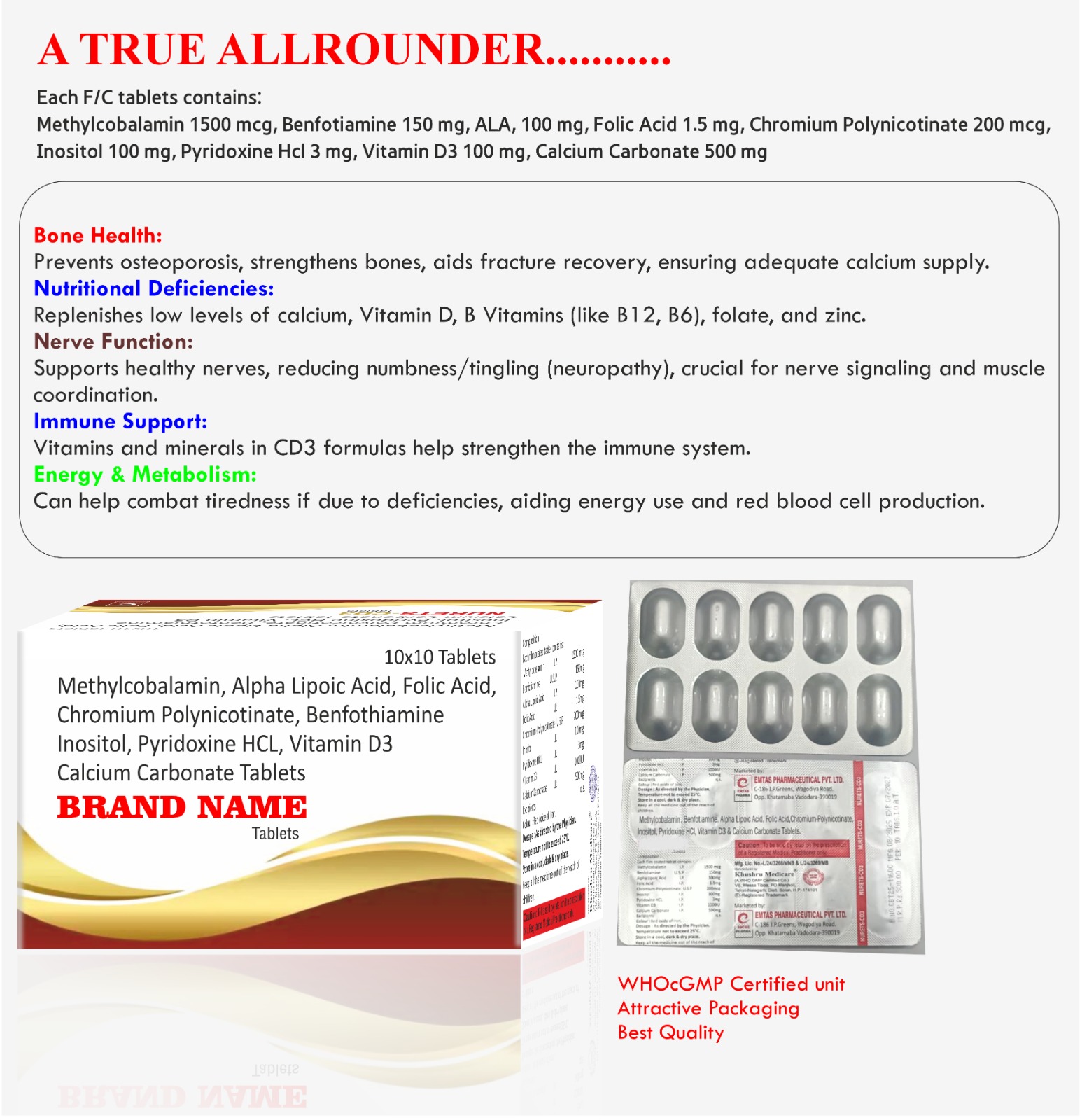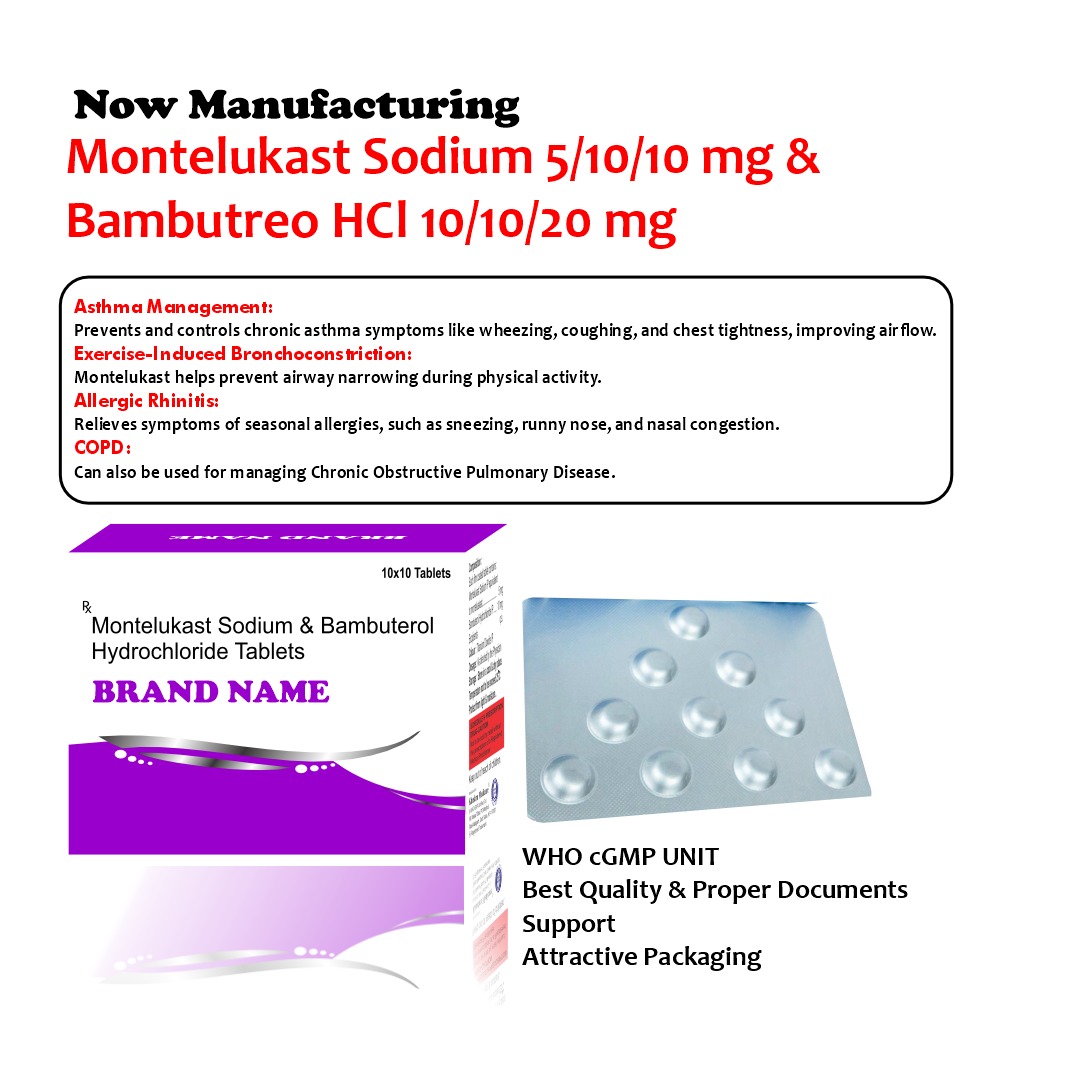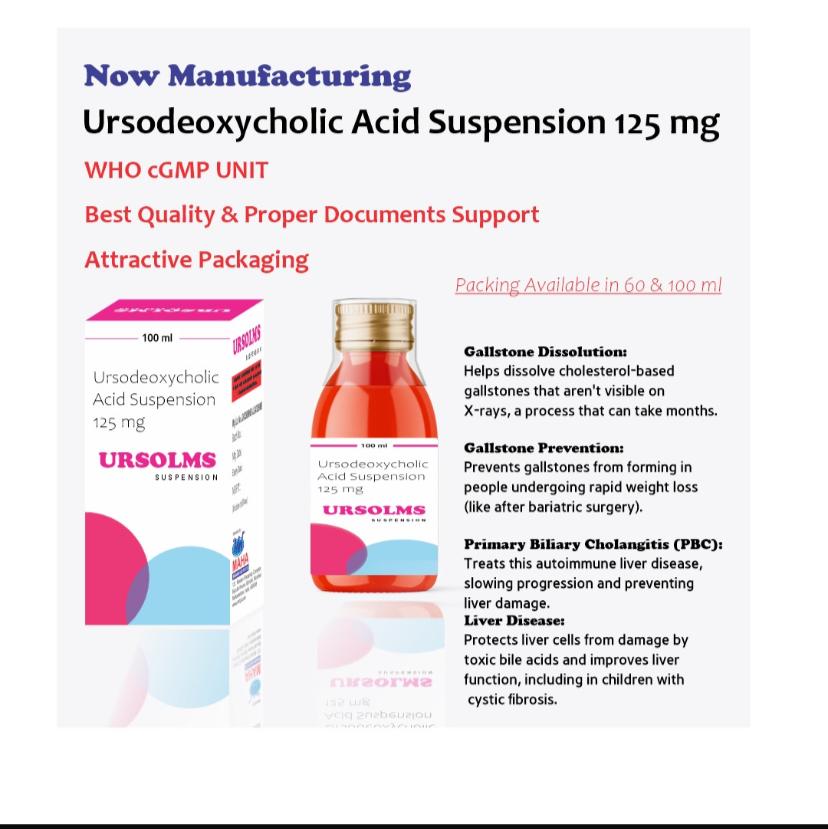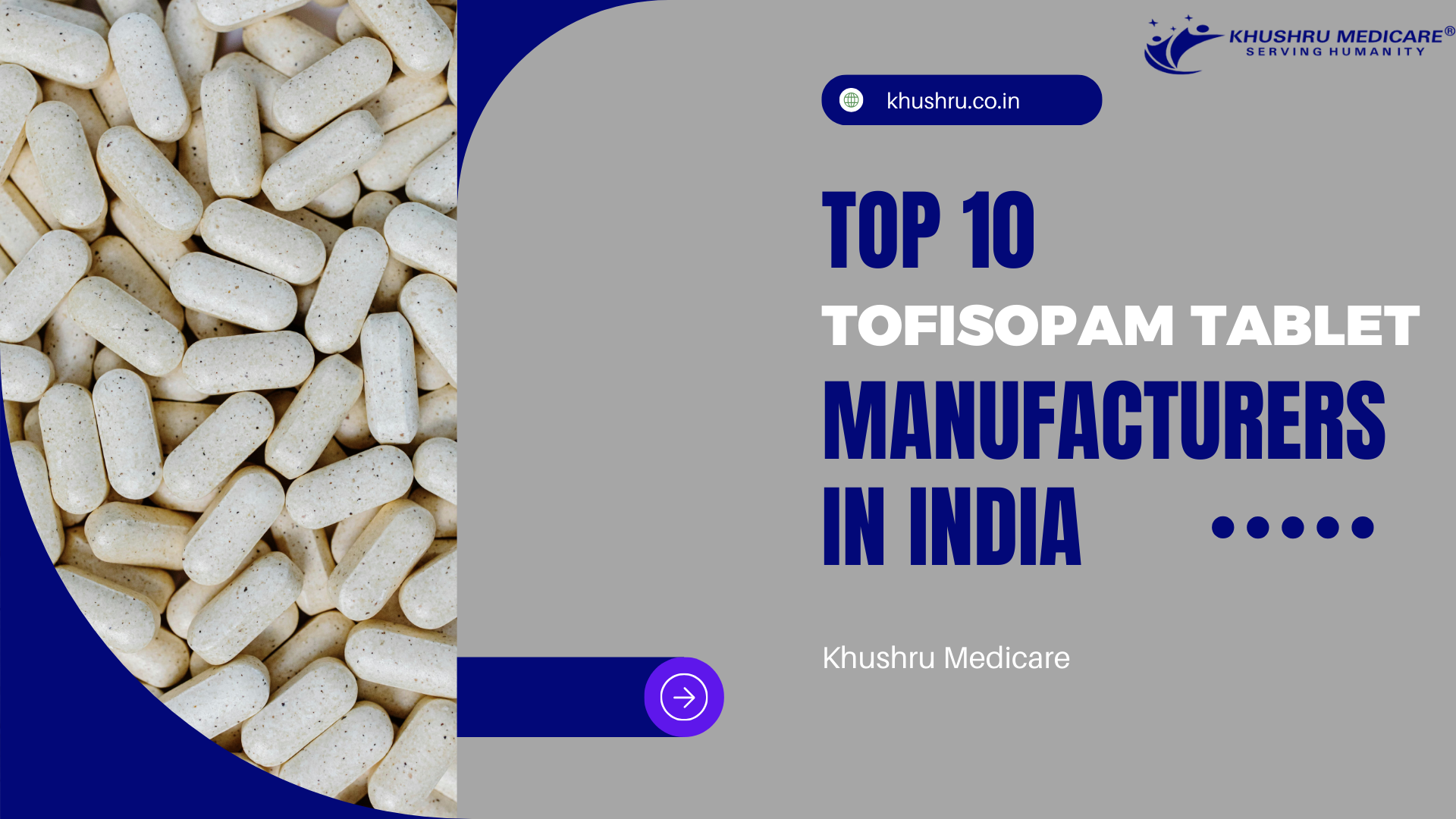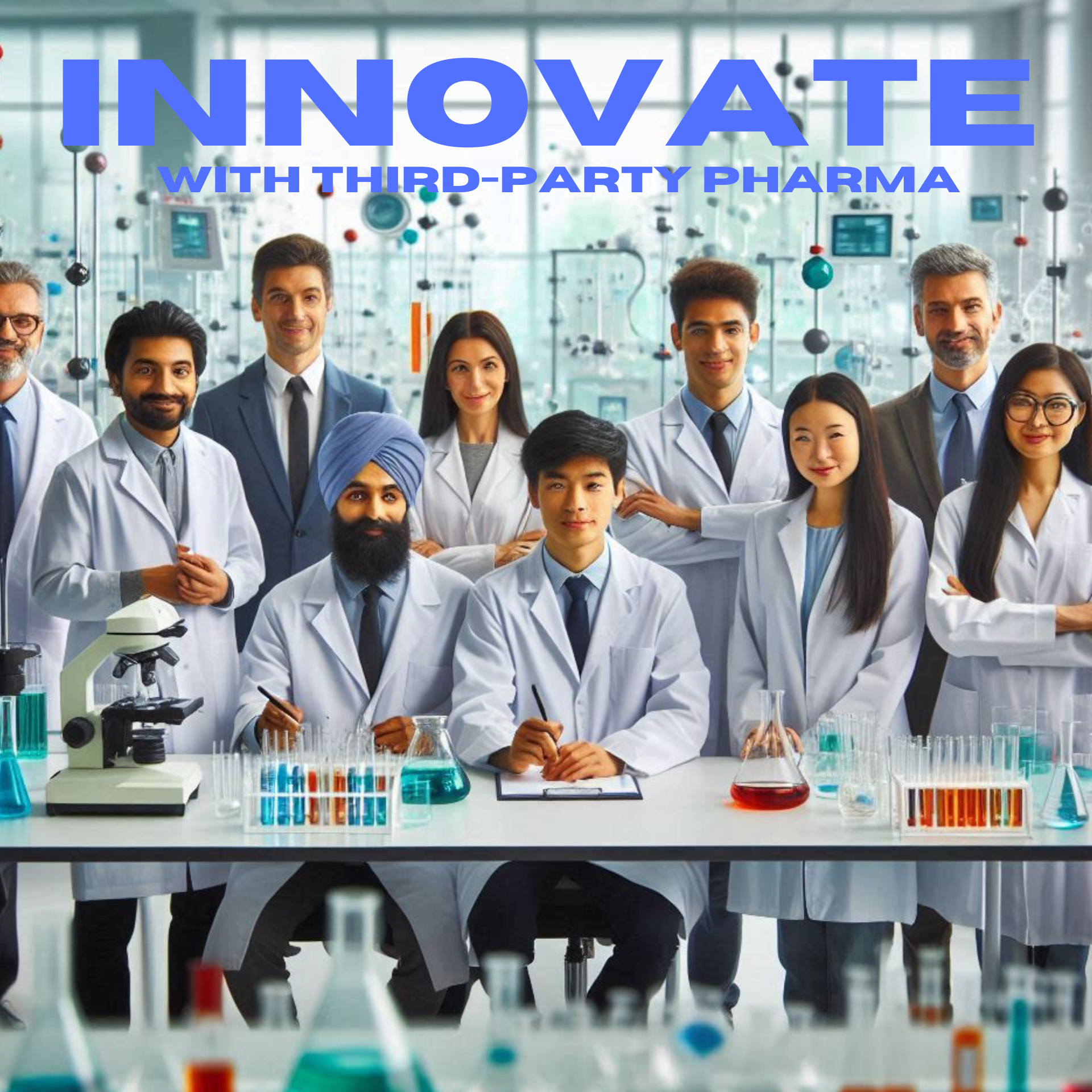
Every industry needs innovation to survive, and the pharmaceutical sector is no different. Innovate with third-party pharma manufacturing involves more than just outsourcing; it also involves utilizing specialized knowledge, state-of-the-art equipment, and optimized procedures to improve productivity and output. Let’s examine how innovation in this industry can change the way pharmaceutical manufacturing.
Understanding Third-Party Pharma Manufacturing
Fundamentally, innovate with third-party pharma manufacturing entails contracting with specialist Contract Manufacturing Organizations (CMOs) to produce medications. By delegating the complexity of manufacturing to CMOs, pharmaceutical companies are able to concentrate on research, development, and marketing.
Role of Contract Manufacturing Organizations (CMOs)
By providing comprehensive manufacturing services, including the production of active pharmaceutical ingredients (APIs) and the packaging of final goods, contract manufacturing organizations (CMOs) partnerships hold a vital role in the industry. Leaders with experience and infrastructure such as Catalent and Lonza are prime examples of how CMOs may improve manufacturing capabilities.
Innovate with Third-Party Pharma Manufacturing
Driving Efficiency: Innovate with Third-Party Pharma Production
Efficiency gains are largerly driven by innovate with third-party pharma manufacturing. Advanced analytics and automation are two examples of technologies that optimize production processes while cutting costs and time-to-market. In manufacturing, for example, CMOs that integrate automated systems have demonstrated reduced error rates and increased throughput.
Technological Advancements in Pharma
Technology is still transforming the pharmaceutical manufacturing. Innovations such as AI quality control and continuous production improve product uniformity and regulatory compliance. Businesses that are leading the way in implementing these technologies to maintain an advantage over competitors are Pfizer and Novartis.
Enhancing Pharma Production Efficiency
Streamlining Manufacturing Processes
To fulfill market needs, pharmaceutical manufacturing efficiency advances are essential. CMOs are excellent at optimizing procedures by utilizing lean manufacturing techniques and cutting-edge infrastructure. For instance, Pfizer was able to quickly grow production during periods of high demand without sacrificing quality because to their collaboration with a CMO.
Cost-Effective Pharma Solutions
Outsourcing to third-party manufacturers offers substantial cost savings compared to in-house production. It eliminates the need for capital-intensive facilities and allows companies to allocate resources strategically. Roche’s collaboration with CMOs demonstrates how cost-effective solutions drive profitability and flexibility in operations.
Ensuring Quality Control in Pharma Manufacturing
Importance of Rigorous Quality Control Measures
Comparing outsourcing to in-house production yields significant cost advantages over working with outside manufacturers. It enables businesses to allocate resources wisely and does away with the requirement for capital-intensive infrastructure. Roche’s partnership with CMOs serves as an example of how economical solutions promote operational flexibility and profitability.
Innovations in Quality Assurance
Technological developments in quality assurance, like predictive analytics and real-time monitoring, improve supervision and compliance. As demonstrated by Johnson & Johnson’s proactive approach to quality control, CMOs maintain the highest standards across production cycles by investing in state-of-the-art QA technologies.
Navigating Regulatory Compliance in Pharma
Regulatory Requirements and Compliance
Handling intricate regulatory environments requires diligence and experience. CMOs are experts in following international regulations, making sure that all production procedures meet strict requirements. Partnerships like as AstraZeneca’s with CMOs demonstrate effective approaches to getting regulatory approval and preserving consumer confidence.
Examples of Regulatory Success
Case studies demonstrate how careful preparation and coordination with regulatory agencies enable smooth product approvals. Pharmaceutical businesses reduce risks and accelerate time-to-market through efficient partnerships, which is crucial in a cutthroat industry.
Trends in Third-Party Pharma Manufacturing
Current Trends Shaping the Industry
Digital transformation, adoption of continuous manufacturing, and sustainability initiatives are emerging themes in third-party pharmaceutical manufacturing. These tendencies improve production agility, minimize environmental impact, and optimize operations.
Future Outlook and Innovations
In the future, technologies like blockchain integration and personalized medication could completely change the way that manufacturing is done. These technologies enable pharmaceutical manufacturing companies and CMOs to securely and efficiently administer customized treatments.
Building Strong Third-Party Pharma Partnerships
Selecting the Right CMO
Selecting a trustworthy CMO depends on a number of variables, including experience, technological prowess, and cultural fit. Pharmaceutical businesses cultivate enduring partnerships that promote reciprocal success by carefully choosing partners who share their strategic objectives.
Best Practices for Successful Partnerships
Openness, communication, and common objectives are the foundation of successful partnerships. Organizations such as GlaxoSmithKline are prime examples of how establishing cooperative relationships with CMOs stimulates innovation and operational superiority.
Optimizing Pharma Supply Chains
Importance of Supply Chain Optimization
Efficient supply chains are vital for ensuring timely delivery of pharmaceuticals. CMOs optimize supply chain management through lean practices and robust logistics, enhancing responsiveness and reducing costs.
Techniques for Effective Supply Chain Management
Implementing just-in-time manufacturing and integrating digital solutions streamline supply chain operations. Real-world applications, such as Merck’s supply chain strategies, demonstrate the value of efficient logistics in maintaining competitive advantages.
Pharmaceutical businesses can take advantage of several opportunities to innovate with third-party phrama, maximize efficiency, and maintain regulatory compliance by again innovate with third-party pharma manufacturing. Organizations may lead the industry toward innovation and excellence in the future and handle challenging situations by adopting new technologies and forming strategic alliances with CMOs.

